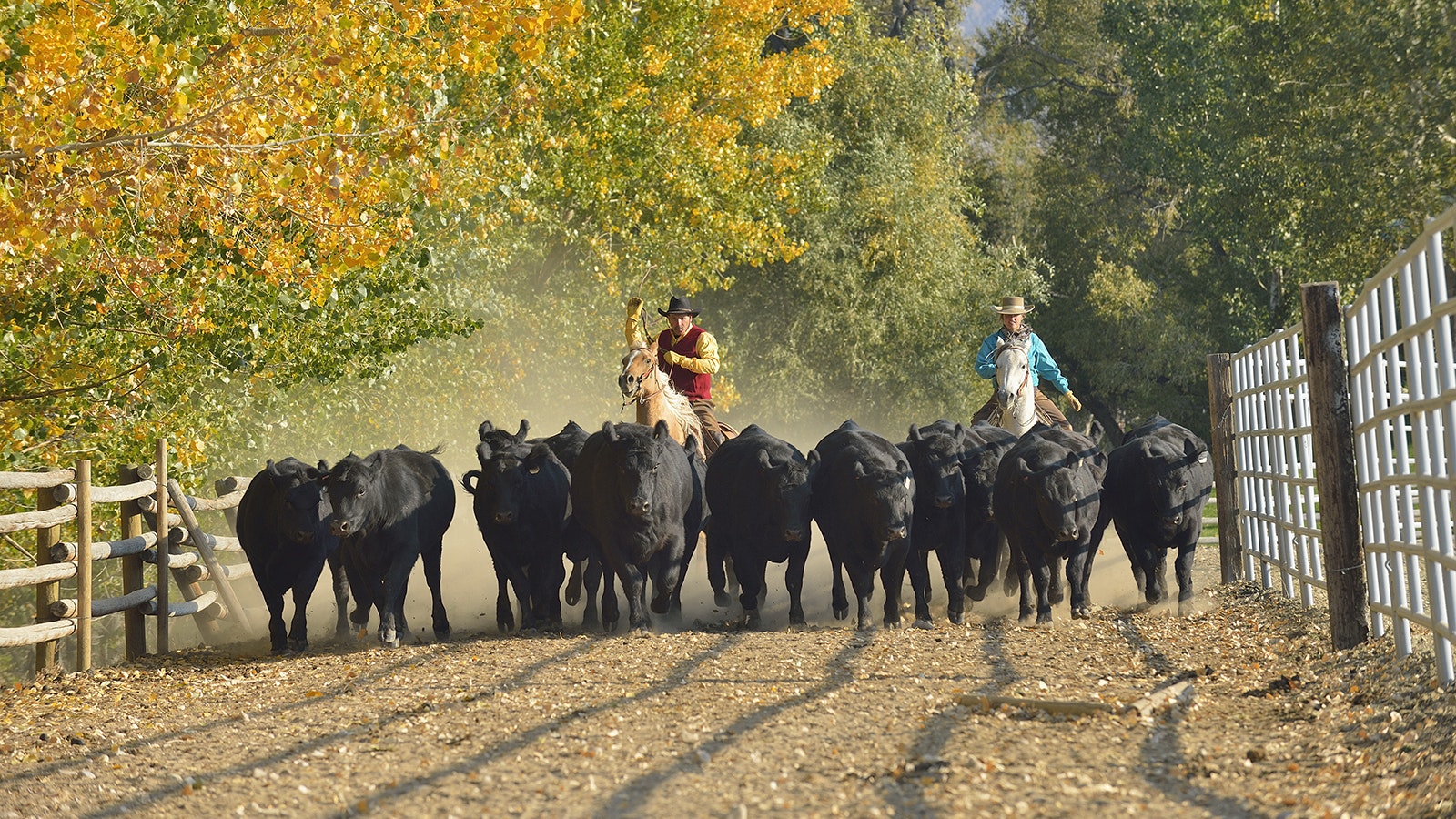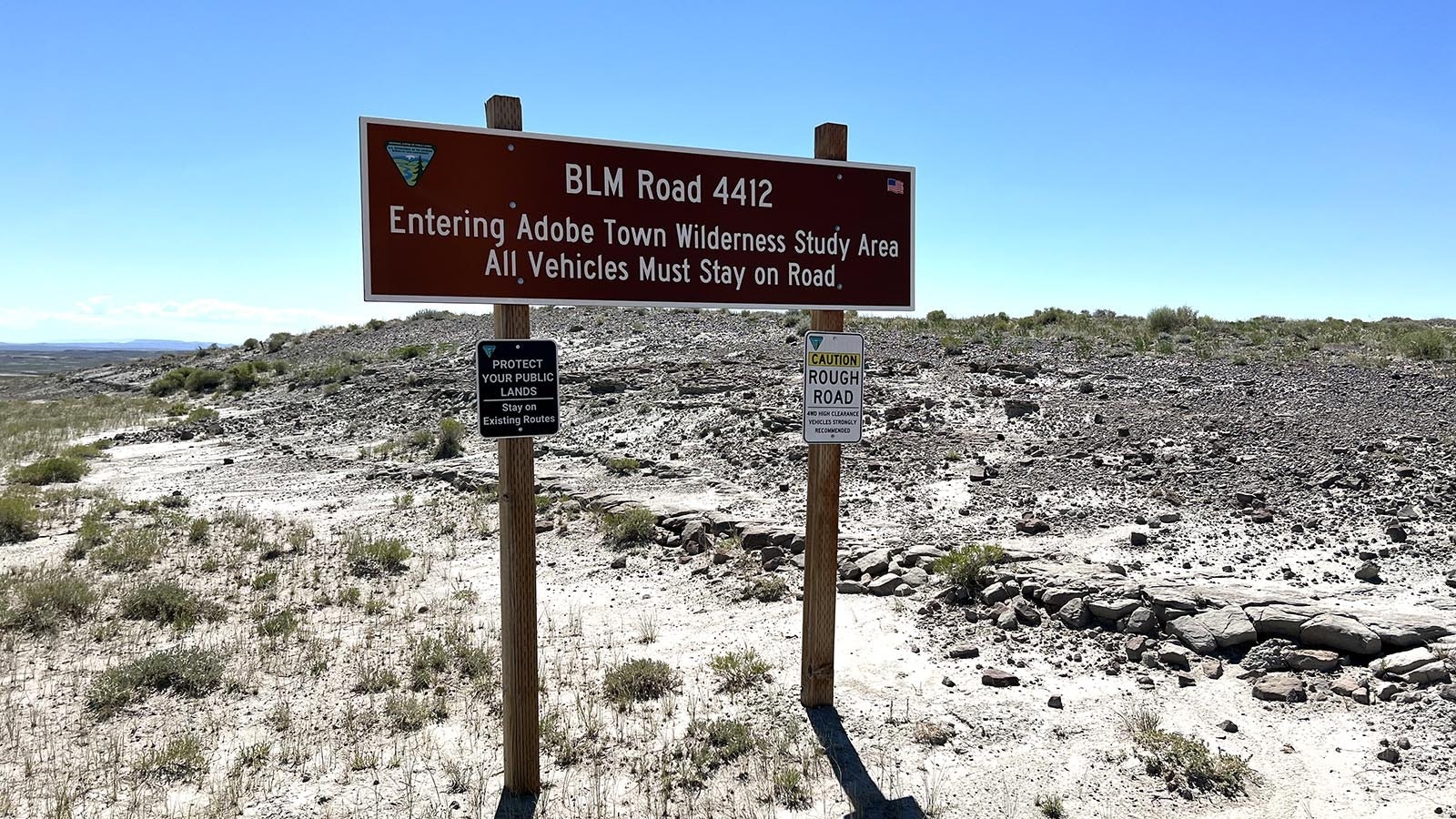Police officers can stop a vehicle as part of an investigation into drug trafficking based on information they obtain from other officers, Wyoming’s Supreme Court ruled Tuesday.
The court upheld the conviction of Thow C. Guandong, who pleaded guilty to a felony charge of marijuana possession after the car he was driving was found to be carrying 47 pounds of marijuana.
Justices rejected Guandong’s argument that the Wyoming Highway Patrol trooper who stopped him in Albany County in 2020 had no cause to do so.
Justices agreed that based on information received from other troopers, Trooper Aaron Kirlin acted correctly in stopping Guandong’s car in Albany for the purpose of investigating possible drug trafficking.
“… Trooper Kirlin concluded that the driver … was transporting drugs and, based on the totality of the circumstances, we will defer to his ‘ability to distinguish between innocent and suspicious actions,’” said the ruling, written by Justice Lynne Boomgaarden.
According to the ruling, Kirlin in February 2020 received an advisory from a trooper in Sweetwater County telling troopers to “be on the lookout” for a white Toyota Corolla.
Upon checking, Kirlin learned that troopers in Sweetwater County had stopped another vehicle believed to be traveling with the Corolla in an arrangement referred to as a “decoy vehicle” and a “load vehicle.”
“The decoy vehicle is intended to attract law enforcement’s attention so the load vehicle, which contains drugs, will not be stopped,” the ruling said.
The stop did not result in any arrests, but officers forwarded information collected during the stop to other officers.
Later, Kirlin saw the Corolla in Albany County on Interstate 80 and stopped it because he noticed several air fresheners and an identification badge hanging from the rearview mirror that he believed could obstruct the driver’s vision.
Kirlin testified he also conducted the stop because he believed the Corolla might be carrying drugs, based on the information he had obtained from the other troopers.
Guandong was arrested after a search of his car yielded about 47 pounds of marijuana and marijuana products.
Guandong argued that the marijuana seized should not be used as evidence against him because it was seized as the result of an improper traffic stop that violated his constitutional rights against unreasonable search and seizure.
“More specifically, he contended the initial stop could not be justified based on the items hanging from his rearview mirror because those items did not materially obstruct his view,” the ruling said.
But the district court said Kirlin’s stop was justified based on the information he had that indicated Guandong’s vehicle could be involved in drug trafficking.
Justices agreed with the lower court, finding that the information Kirlin had obtained was sufficient to create “reasonable suspicion” about the vehicle that would justify a traffic stop.
“Trooper Kirlin had reasonable suspicion to stop the driver of the Corolla for drug trafficking,” the ruling said. “The initial stop was therefore legally justified … and the district court did not err in denying Mr. Guandong’s motion to suppress.”





